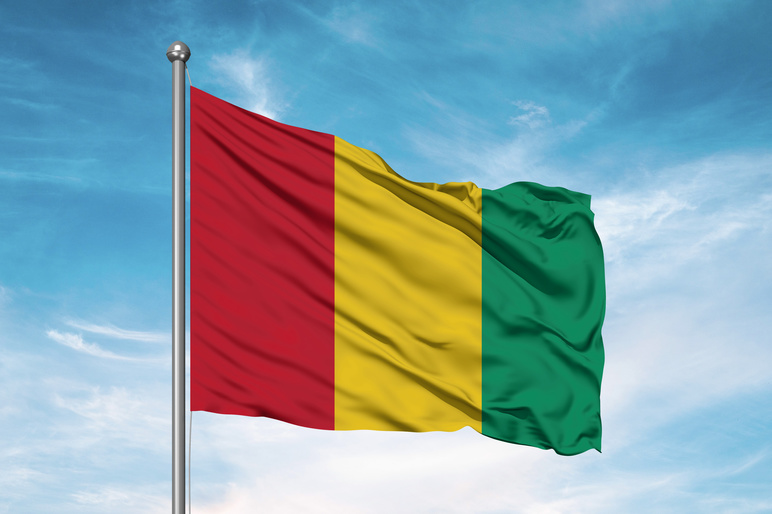
One year after the disappearance of two prominent pro-democracy activists, Guinea finds itself engulfed in a deepening climate of repression and fear.
Journalists, lawyers, and opposition figures are increasingly targeted in what rights groups are calling an “organized system of terror” aimed at silencing dissent.
On July 9, 2024, Oumar Sylla and Mamadou Billo Bah—key members of the now-dissolved National Front for the Defense of the Constitution (FNDC)—were abducted from Sylla’s home in Conakry by armed men and taken to the remote Loos Islands.
Since that day, the Guinean government has maintained what Amnesty International describes as “an unbearable silence,” offering no updates and producing no results from promised investigations.
Their case is far from isolated. On December 3, 2024, journalist Habib Marouane Camara of Le Révélateur was taken by men in uniform in Lambanyi.
Although the Dixinn prosecutor later confirmed the arrest had no legal basis, Camara remains missing.
The repression escalated further in 2025. On February 19, Abdoul Sacko, national coordinator of the Forum of Social Forces of Guinea, was kidnapped and later found “tortured and abandoned in the bush,” according to his legal team.
In June, former Bar Association President Mohamed Traoré was abducted and later discovered with severe injuries on his back.
According to the Guinean Bar Association, these incidents are not isolated but indicative of a growing campaign of fear. Lawyers and activists report receiving threats and warnings that they are on secret abduction lists.
One lawyer revealed: “Since I started defending government critics, I’ve received four separate calls confirming I’m on the list for abduction.”
Despite repeated assurances from the Attorney General of “thorough and comprehensive” investigations, not a single credible result has emerged.
This inaction, say legal professionals, points to the possible complicity of state institutions in the abuses.
Sylla had called for a demonstration on July 11, 2024, to protest rising living costs and media suppression—just days before his disappearance.
Rights groups now warn that Guinea’s government appears to be using enforced disappearances, arbitrary arrests, and torture to suppress opposition and civil society.
Twenty-five human rights organizations, including Amnesty International, have issued a joint call for independent and transparent investigations into these abuses.
They are also urging Guinea to ratify the International Convention for the Protection of All Persons from Enforced Disappearance.
As Guinea teeters on the brink of authoritarianism, the silence of its institutions and the targeting of dissenters reveal an alarming erosion of democratic norms.
Without urgent international pressure and internal accountability, civil society fears the country may slide further into lawlessness and repression.



